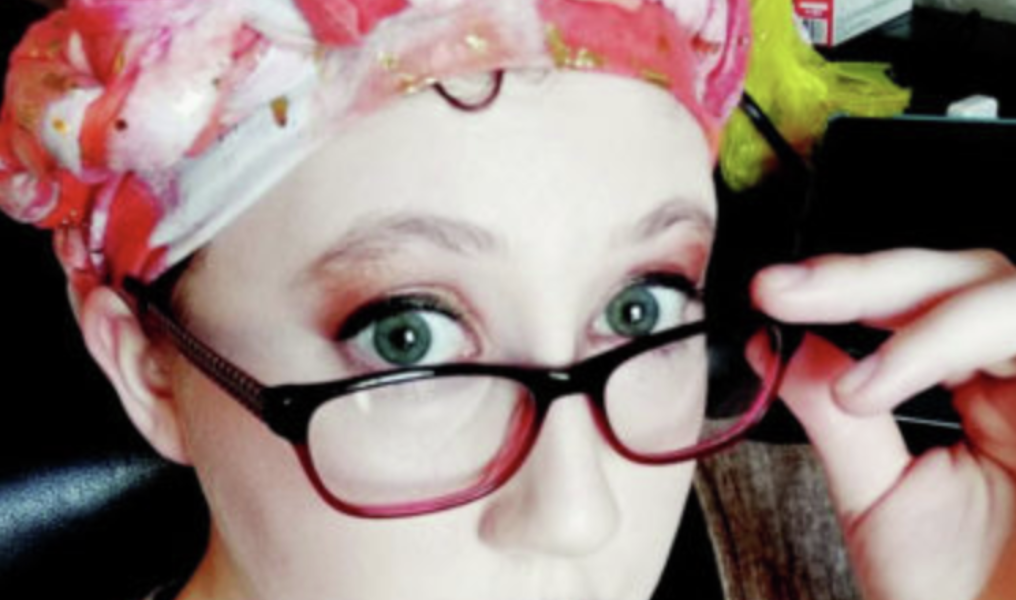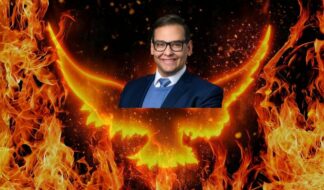The LGBTQ community markets itself as one of inclusion and acceptance, but there are visible holes in the mainstream model. Queer visibility is largely limited to people who are white — primarily those who are also thin, conventionally attractive and young. And there are often exclusionary debates on who "gets" to be in the community. Some people think inclusion should stop at LGBT, leaving out a variety of other identities such as pansexual, asexual, and nonbinary and there are even stricter mindsets claiming that trans and intersex people don't belong in the LGB community at all.
These phenomena are more than oversights, but there's yet another level of exclusion that is usually unintentional. So much so, that many people don't even think about it: disabled LGBTQ people.
They exist. Why, then, do so many queer events make it difficult, if not impossible, for disabled participants to enjoy communal activities?
Let's look at common LGBTQ-friendly events:
Pride
Some Pride events are more accessible than others. For instance, Ferndale Pride takes place along a strip of businesses, featuring vendors lining the streets and performance stages that are built onto the ground. Compare this with Motor City Pride, which takes place in Hart Plaza. The pavement in the Plaza is uneven and sometimes comprised of cobblestones, which make it extremely difficult to operate rolling ambulatory devices, or navigate with crutches or a cane. Worst of all, some of the best performances are conducted within large stone stages comprised of tiers of stairs that are insurmountable to disabled people. The rear entrance to Hart Plaza also does not have a ramp; only more stairs.
Additionally, all events have large cords strung around to connect food trucks and sound equipment to power sources, but only some put small ramps over the cords to make it easier for mobility devices to roll over them.
Cafes and Bookstores
These are popular gathering place for LGBTQ socialites. And while these can be accessible, often the venues chosen are tiny, and stuffed with closely-packed tables and chairs that must be moved for anyone operating a motorized wheelchair. For many disabled people, they would prefer to stay home than be seen as an annoyance for simply wanting to participate.
Art Venues
Frequently, these places do not have elevators to carry disabled people between floors — and often displays span across three or four levels. Sometimes, even the first level is only reachable after traversing a steep staircase — Metro Detroit doesn't see the need for very many ramps.
So, in the spirit of inclusion, LGBTQ organizers should make it a responsibility to pick venues that are as accommodating as possible — even for disabled LGBTQ people. More importantly, organizers should put an effort into making disabled participants feel welcome, not like it is inconvenient to include them.
Disabled people are often lonely. It can be a struggle to socialize with abled people, especially when so many of them have negative attitudes toward the disabled. Dating is especially hard. In the whole of society, disabled people are desexualized and seen as incapable of having or enjoying sex and intimacy — the LGBTQ community is no exception. And, while straight and cis disabled people have it difficult finding partners, it's even harder for a gender non-conforming person in an area with an already tiny dating pool.
It seems that for a large part of the community, disabled people don't factor into their image of what 'queer' looks like, but the fact that it isn't always intentional, just seen as inconsequential, is perhaps the most hurtful.
However, just like for all minorities, a major key to reducing the stigma against disabled LGBTQ people is representation. Creators seeking to depict queer people in their art or writing should consider narratives that feature individuals with both cognitive and physical disabilities. Their stories should be authentic, but fit into the tone of the piece. In a sensual, idyllic story about LGBTQ love and culture, disabled people should not be jarringly exempt from any steamy content — or worse, assigned the dreaded token straight role.
More importantly, disabled people should be given opportunities to take leadership positions where they can make decisions for themselves. Abled allies are great, but disabled people should be handed the reins to make their own decisions about what is accessible in terms of representation and physical environments.
No LGBTQ person deserves to be excluded from having support and friendship within the community. It's long past the time when many of these problems should have been addressed.










